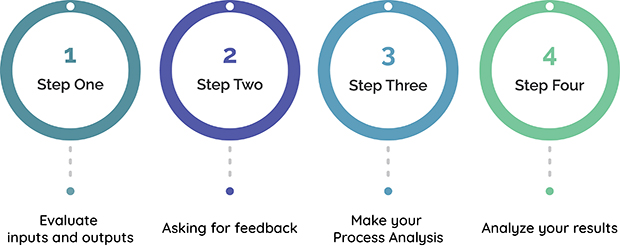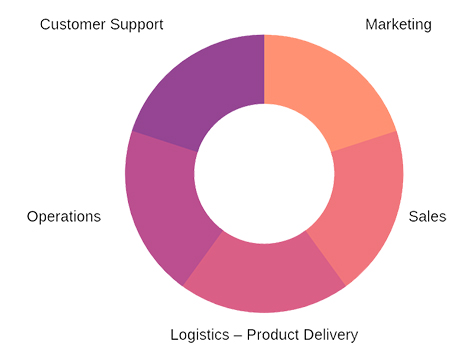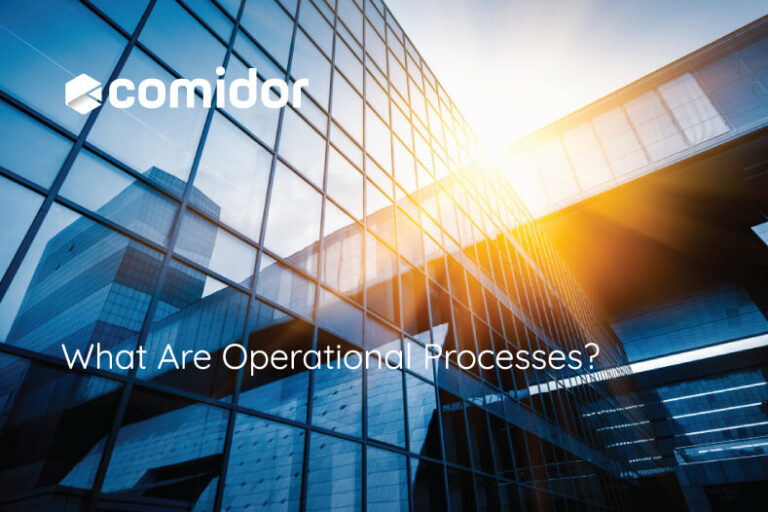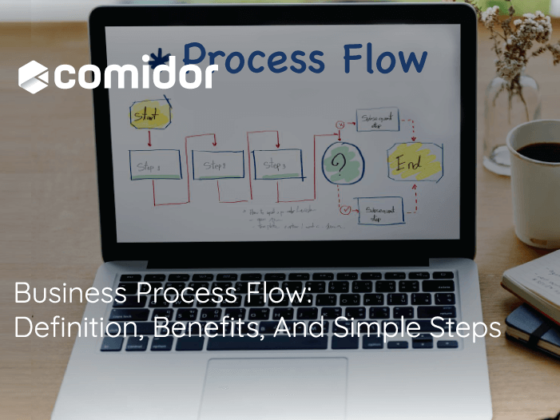Operational Processes (Core Business Processes)
Depending on the organization’s activity business processes are often broken up into different categories (for more information read the relative article about the types of business processes). One of these categories is the “operational business processes”.
During your search regarding this term, you will realize that there are several different terms for operational processes. You can find them as primary processes, essential processes, core processes. However, all of them are thought to refer to the essential business activities/tasks that deliver value to the customer by contributing to the process of producing a product or a service.
Operational processes or core business processes are the “key activities or cluster of activities which must be performed in an exemplary manner to ensure a firm’s continued competitiveness because it adds primary value to an output.”
Dealing with these processes is very crucial as these are the fundamental processes that affect directly the deliverables to the clients. Well-defined operational processes help organizations to adapt to any market change smoothly, providing at the same time boundless valuable information. After creating operational business processes, extra elements can be added to improve outputs, optimize and improve processes, and finally achieve operational excellence.
Identify your Operational Business Processes
Identifying operational processes is a tricky procedure, since giving attention and focusing on details is demanding. You can define these processes by combining the inputs, outputs, sequential activity, and an objective in order to manage and improve business processes.

1. Evaluate inputs and outputs
The first step should be the evaluation of inputs and outputs. Your inputs are all the resources for your company such as materials, knowledge, and human types, whereas outputs are deployed to cut down on the extended use of your potential resources. The difference between inputs and outputs lies is in the cost. The more you use the inputs the higher the cost will be. On the other hand, the cost of the outputs declines when their use increases.
2. Asking for feedback
Secondly, find the best practice between hundreds by asking for feedback. Poll your employees to identify needs or procedures’ descriptions or ask your customers for their opinion. Are they satisfied with your services? Do they feel that something is missing from your operational processes?
3. Make your Process Analysis
Continue with analyzing your processes. Check the potential risks, such as extra taxes or capital costs. Moreover, think if you are producing your product/ service with the minimum cost in the minimum time. Have you managed error rates and ROI?
4. Analyze your results
Finally, measure data before starting operational processes’ implementation and analyze the results. Are you satisfied enough with the results? If the answer is “Yes”, then start applying your processes and set it as the manual one.
Comidor offers business process automation and management capabilities, that can help you throughout the entire process. It helps you in orchestrating, developing, analyzing, and monitoring the processes at each task level, as well as evaluating the overall business performance.
The main key is to optimize these operational processes, and the aim of it is to add value at every step, to give an additional value to the product/ service that gets delivered to the client. Improving these processes has a direct effect on the output of the business.
As it is referred by TechRepublic, it is also important to educate participants on operational processes and inform them about positive results and implementation.
It is worth mentioning that you should remeasure your operational business processes’ results because technology, methods, and behavior are changing constantly.
Operational Business Processes Within a Company

As mentioned before, those processes are customer-oriented because their main feature is to directly add value to the customer. It is up to each business to define what it considers as an operational process.
Some of the operational business processes of a company could be:
- Marketing
- Sales
- Logistics – Product Delivery
- Operations
- Customer Support
Business Process Management platforms, like the Comidor platform which combines BPM, Low-Code and cognitive automation features, help businesses to reach successful implementation of consistent processes and accomplish their continuous optimization.
Streamline and optimise your business processes, and automate end-to-end workflows





